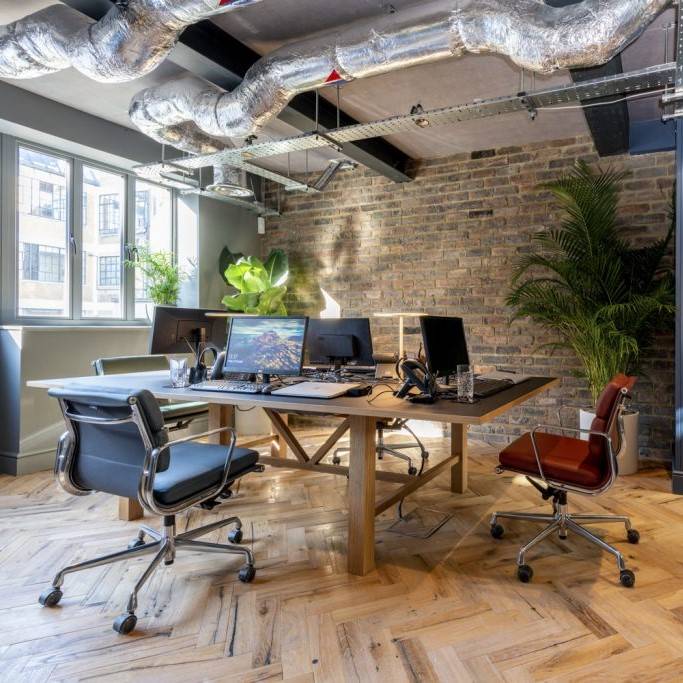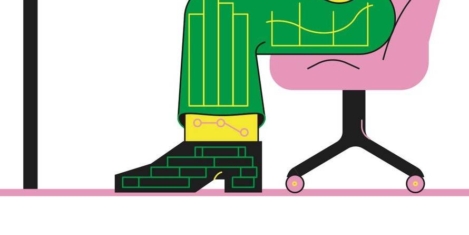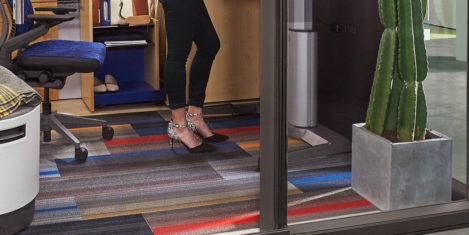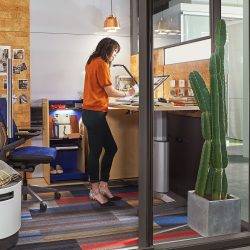To provide the best experiences, we use technologies like cookies to store and/or access device information. Consenting to these technologies will allow us to process data such as browsing behaviour or unique IDs on this site. Not consenting or withdrawing consent, may adversely affect certain features and functions.
The technical storage or access is strictly necessary for the legitimate purpose of enabling the use of a specific service explicitly requested by the subscriber or user, or for the sole purpose of carrying out the transmission of a communication over an electronic communications network.
The technical storage or access is necessary for the legitimate purpose of storing preferences that are not requested by the subscriber or user.
The technical storage or access that is used exclusively for statistical purposes.
The technical storage or access that is used exclusively for anonymous statistical purposes. Without a subpoena, voluntary compliance on the part of your Internet Service Provider, or additional records from a third party, information stored or retrieved for this purpose alone cannot usually be used to identify you.
The technical storage or access is required to create user profiles to send advertising, or to track the user on a website or across several websites for similar marketing purposes.
 The RSA’s Future Work Centre has released research that models four ‘futures of work’ by 2035 – and claims to show how out of touch politicians are with changes in the workplace. The report, published in partnership with Arup, claims to avoid the usual sensationalism around topics such as automation, the Internet of Things, surveillance, gig work and AI to establish what workers can expect in the workplace in the near future. The report applies morphological analysis to generate its four models of work.
The RSA’s Future Work Centre has released research that models four ‘futures of work’ by 2035 – and claims to show how out of touch politicians are with changes in the workplace. The report, published in partnership with Arup, claims to avoid the usual sensationalism around topics such as automation, the Internet of Things, surveillance, gig work and AI to establish what workers can expect in the workplace in the near future. The report applies morphological analysis to generate its four models of work.



































March 18, 2019
Artificial Intelligence is transforming the workforce as we know it
by Dennis Spaeth • AI, Comment, Technology
(more…)